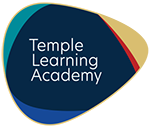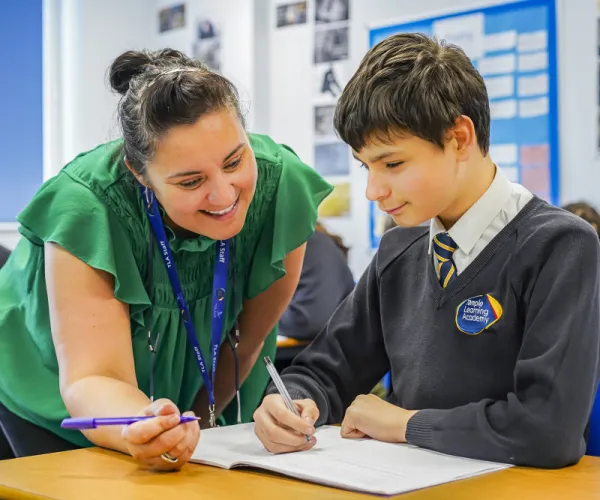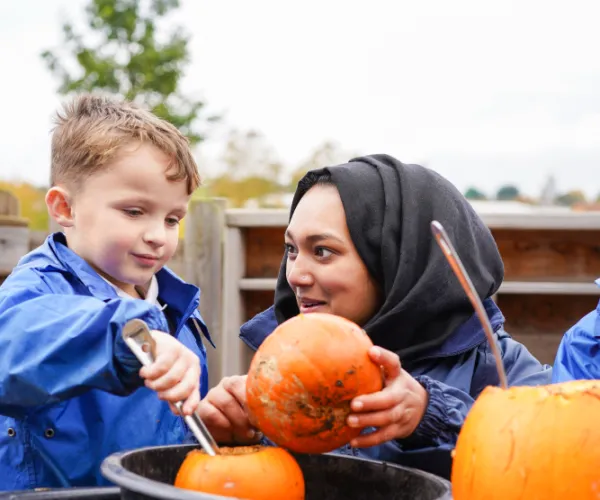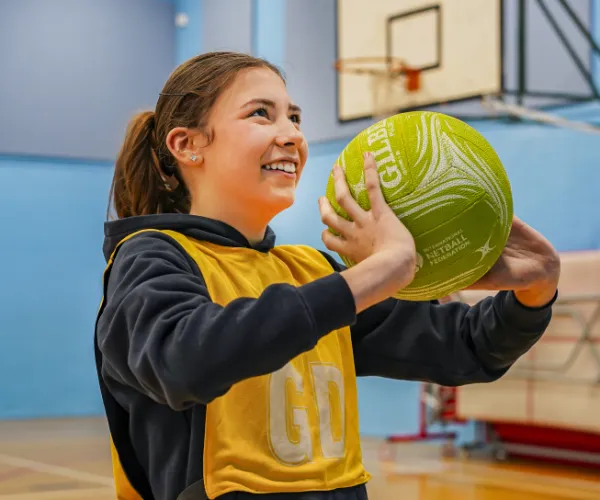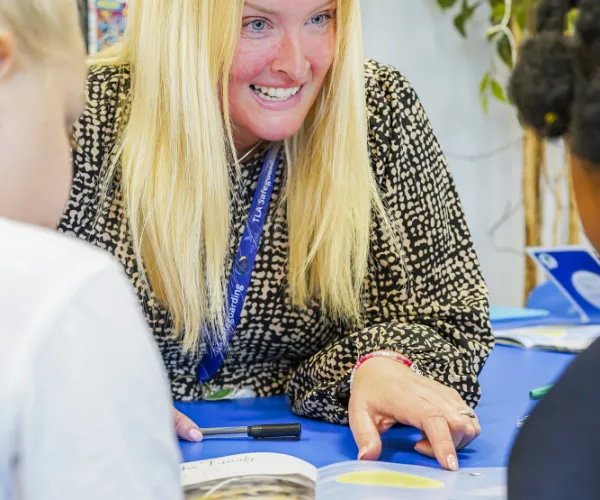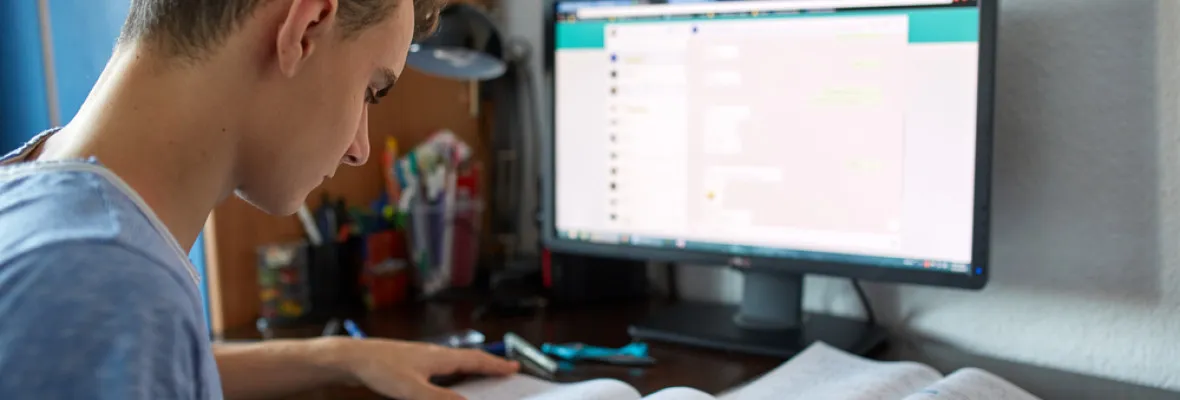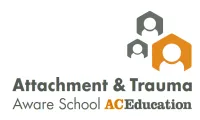We believe that effective home learning is key to reinforcing classroom learning and building independent study habits. To support students across Key Stage 3 (KS3) and Key Stage 4 (KS4), we provide structured resources and encourage a variety of proven study techniques.
Our approach has been designed following close reading of education research, speaking with students and families and in careful consideration of the needs of our students. We want Home Learning to be straight forward, impactful and not a source of stress for students or families. However, it is also important that all students and families accept that Home Learning is one of the key components of future academic success and should be part of their weekly life during Secondary School.
The Importance and Impact of Home Learning
Home learning plays a vital role in deepening understanding, improving retention, and developing essential skills such as time management, self-motivation, and resilience. When students regularly engage with subject content outside of the classroom, they are better prepared for assessments, more confident in their knowledge, and more able to make meaningful connections between topics.
Home learning also allows parents and carers to be actively involved in their child’s education, creating a supportive learning environment at home.
The Education Endowment Foundation and other groups often cite that homework has a positive impact on average, particularly for secondary school pupils. According to one toolkit summary, homework can lead to about +5 months of progress over a school year. This means that students regularly engaging in high quality homework will 5 months more progress each year than a student who does not.
When we analyse our own school data, we can see that the most successful Year 11 students each year are also the ones with the strongest homework record. This includes students with the highest grades, but also those who have made the most rapid progress compared to their peer group.
What Will Students Do?
Our Home Learning programme has two parts:
Part 1: Reading Practice.
Part 2: Mastering Progression Essential Knowledge
You will not see “traditional” homework tasks coming home very frequently in KS3. Occasionally, teachers may set a specific activity to enhance the learning in lessons but in general this is not the case. We find that this can be challenging for students to manage around their home commitments and routines, and we do not want to disadvantage students when this is the case.
Instead, we have set up a structure of long-term home learning tasks which are set at the start of the half term, to be completed across the whole half term. These can be built into the home routine for each family in a way that works for them. It avoids stressful periods where multiple tasks are due at the same time and helps students to practice long term planning and time management.
In KS4, teachers will set more “ad-hoc” homework as and when it is appropriate to deepen and consolidate learning. This is always done with consideration, and students are encouraged to communicate with teachers if they need extensions or support with managing deadlines. Most often, this is the opportunity to complete whole or partial exam papers to put their learning into practice.
What will be involved in Home Learning?
Part 1: Reading
All students should read for 20 minutes, at least three times a week. This reading should be of a fiction or non-fiction text which is appropriate for their reading age and chronological age. There is advice and guidance here on what we would advise student to read. There is also advice and guidance there for less confident readers.
Support is available in accessing books in our library. Please contact Miss Jackson for more information.
Part 2: Mastering Progression Essential Knowledge
This aspect of home learning focuses on mastering the critical knowledge taught within the curriculum. Students will be using their home learning time to revise, practice and memorise over time the knowledge they are taught in school. In some subjects this will include key words and technical vocabulary, or facts, statistics and key dates – such as the chain of events which sparked the First World War. Other subjects will include key systems or processes – for example the Rain Cycle in Geography or the Human Digestive System in Science. This powerful knowledge is the bedrock of their curriculum. Knowing it inside and out means that they can excel in academically and the more complex and challenging areas of the subject.
Students will be taught this critical Progression Essential Knowledge in lessons first, using a range of strategies so they understand it deeply. Then, for Home Learning, they will use a range of well chosen strategies to revise, memorise and master this knowledge. This will allow them to recall it quickly and accurately, having that critical Progression Essential Knowledge at their finger tips.
We hope that this style of home learning – also used by some of the most successful schools in Leeds – allows students to have a flexible approach to home learning which fits around their family life and out of school commitments.
| KS3 |
KS4 |
|
We advise KS3 students to complete 30 to 45 minutes per day of home learning. Students are also encouraged to independently read for 20 minutes, at least three times a week.
|
We advise KS4 students to complete 1.5 hours per day of home learning. This will increase at certain times of the academic year e.g., when working towards coursework deadlines and revision for timetabled exams. Students are also encouraged to independently read for 20 minutes per day.
|
Home Learning Techniques
In order to help students in the consolidation and recall of this critical Progression Essential Knowledge, we teach a series of revision and memorisation techniques throughout the year. These are based on our research into memory and cognitive science.
We encourage students to use the strategies which work best for them, but strongly advise the use of the following:
Students can purchase whiteboard and pens from the Student Shop to support this style of home learning.
- Mind Maps: Useful for visual learners to connect ideas and concepts
- Knowledge Organisers: Provided termly to ensure students have accurate and up-to-date content.
- Leitner Method (KS4): A powerful flashcard system that helps students focus on areas they find most challenging
Students are encouraged to choose the methods that work best for them and to build a regular home learning routine.
Supporting Your Child
Parents and carers play a vital role in supporting home learning. To help you understand the techniques and support your child effectively, we recommend exploring the following resources:
If you have any questions or would like further guidance, please contact your child’s subject teacher or Mrs Knipe.
